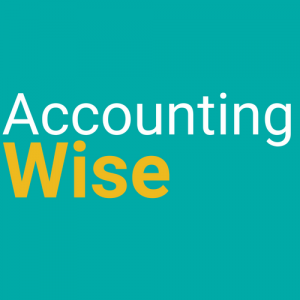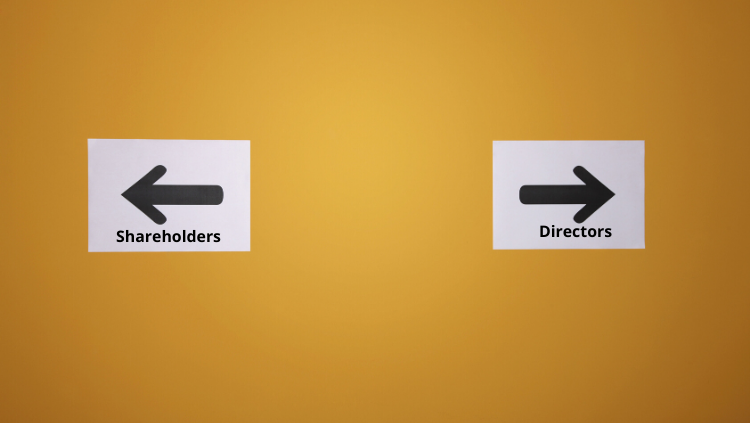What’s the Difference between a Shareholder and a Director?
Whilst a shareholder and a director of a company can be the same person, especially if it’s the person who set up the company, the two roles do have pretty clear distinctions. That said, a director doesn’t have to be a shareholder, and shareholders don’t need to be directors. So what’s what?
What is a shareholder?
A shareholder can be thought of as a ‘member’ of a company. These members take at least one share in a limited company, which represents a certain percentage of the business. This generally results in a portion of any profit generated being paid to the shareholder in the form of dividends.
Shareholders that invest in a company are also entitled to vote on company decisions. Rather than the day-to-day stuff, these votes tend to be about exceptional matters such as:
- Changing the nature of the business
- Issuing shares
- Appointing or removing a director
- Approving directors’ loans
Read more about company foramtions>
What is a director?
The role of a director is usually much more hands-on, and involved in the day-to-day running of the business. Company directors also have far more responsibilities to the business than shareholders do. It’s their job to ensure the company is managed effectively, complies with the law and benefits its shareholders.
The directors responsibilities include:
- Paying company tax
- Employing staff
- Managing payroll
- Registering for VAT and Corporation Tax
- Organising shareholder meetings
- Keeping shareholders up to date on the business
If you need more information on what the official directors’ duties are, these are listed in sections 171 to 177 of the Companies Act 2006.
It’s important to note, that while the directors of a company may take care of the general running of the business, shareholders can still have a significant say in any of the large decisions a director may take.
A simple way of telling the difference is that shareholders own (part of) the company, whereas directors manage the company!









